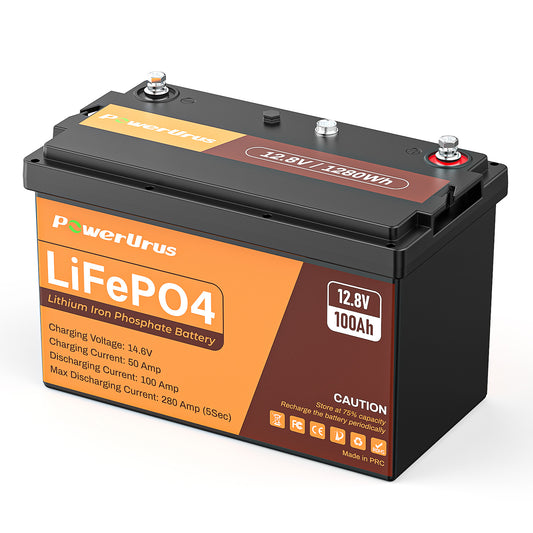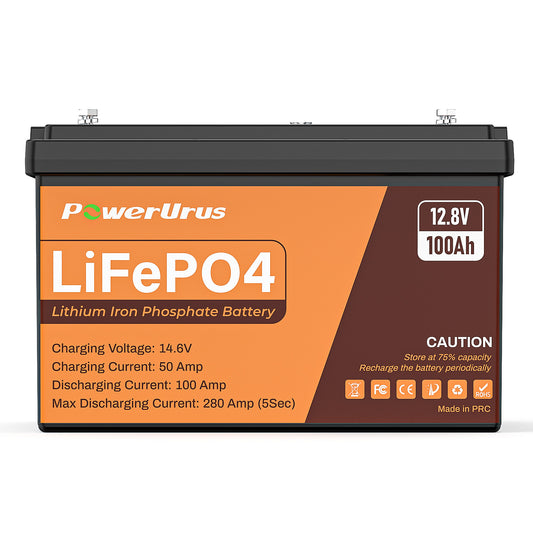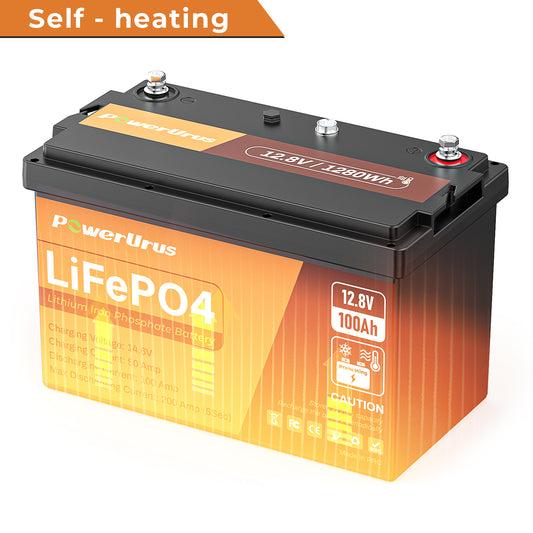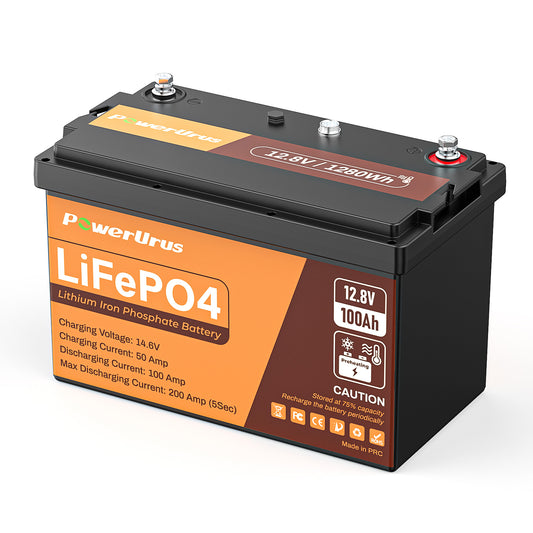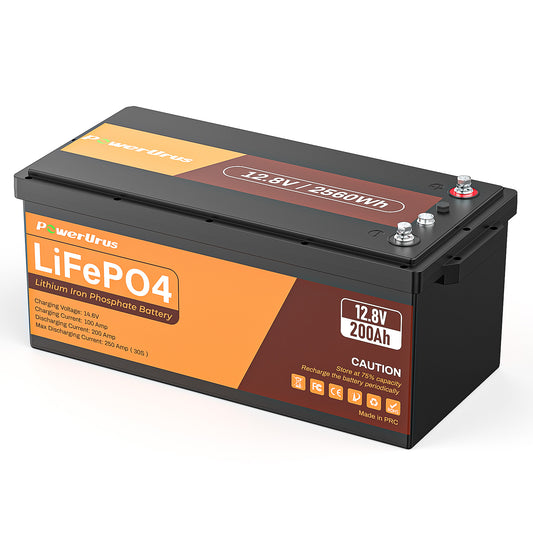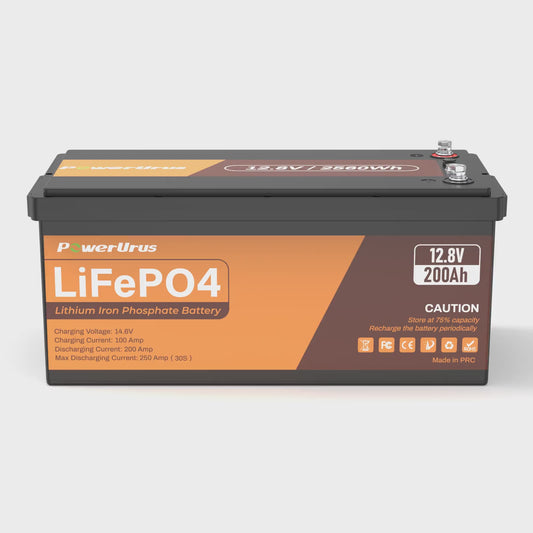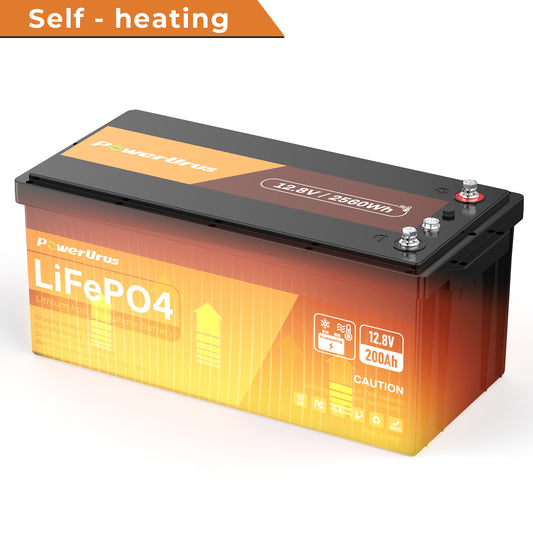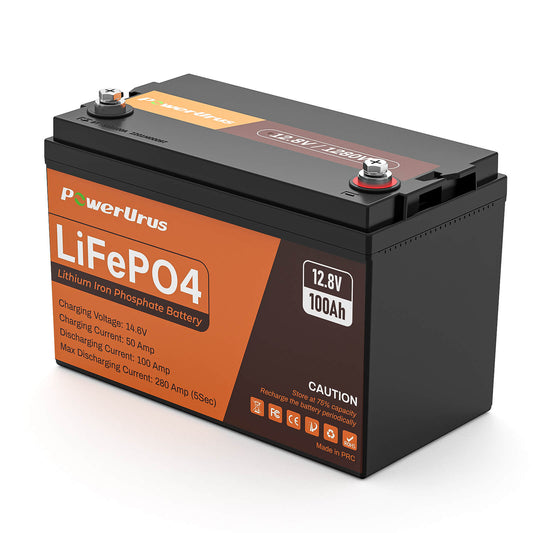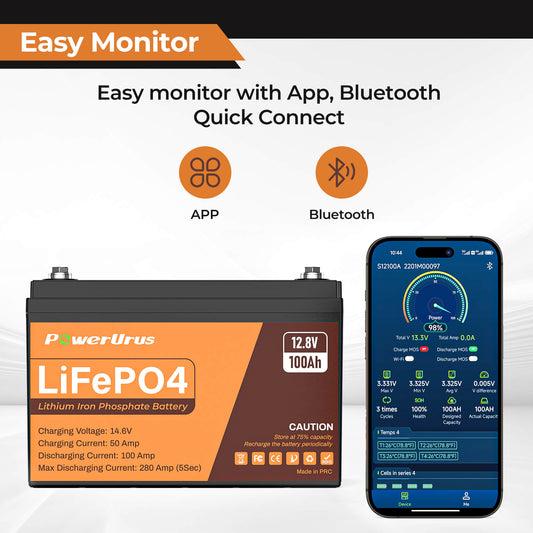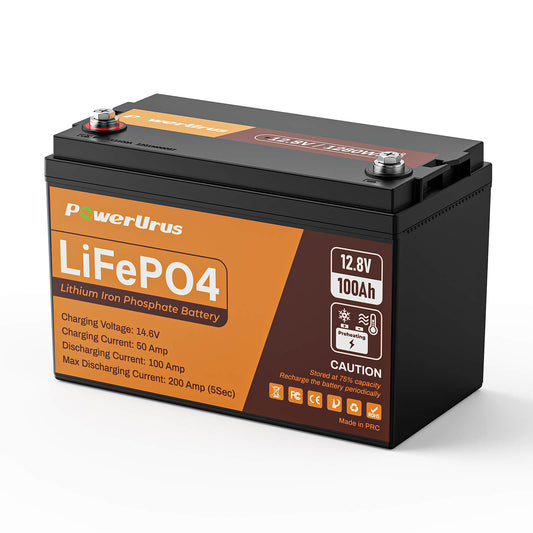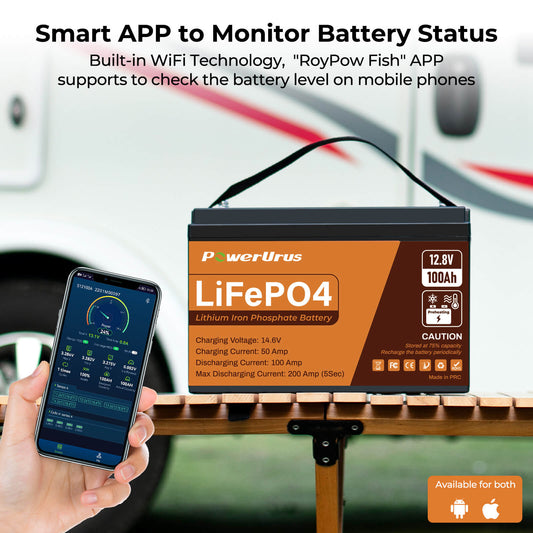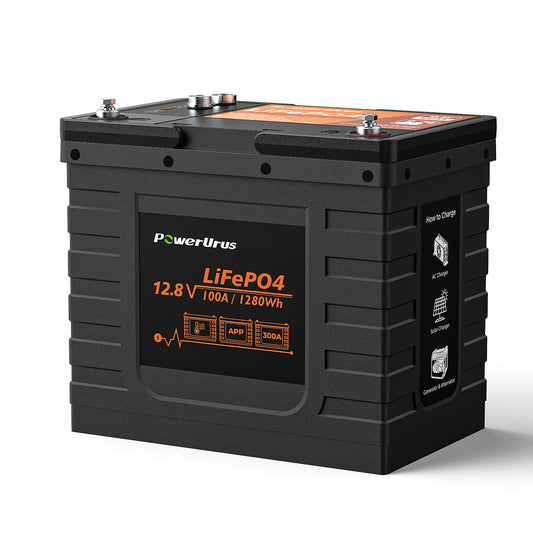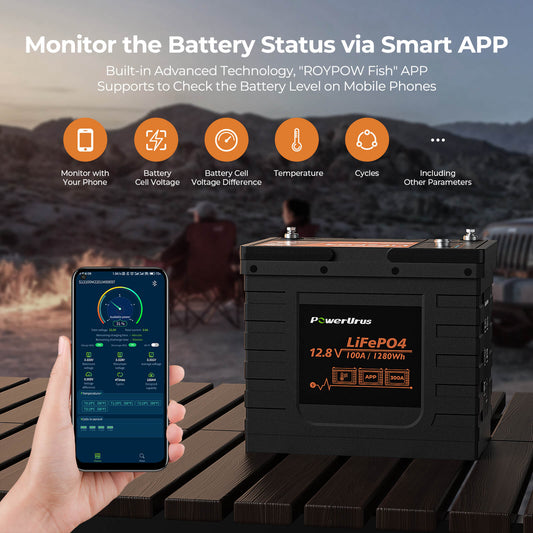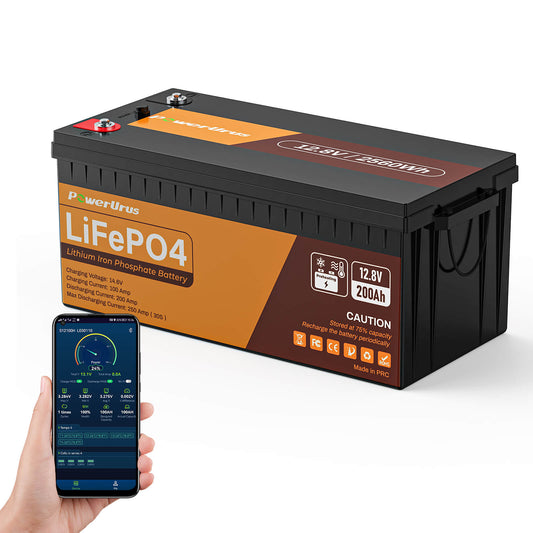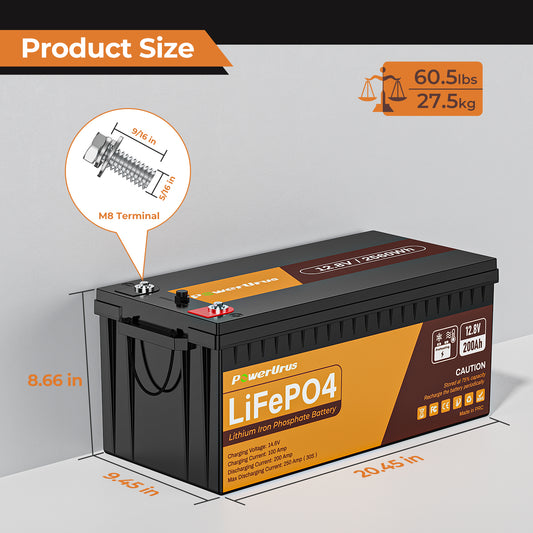What Is the Best Type of Battery to Use in an RV?
Choosing the right battery for your RV is crucial for reliable power on the road. While options vary, lithium iron phosphate (LiFePO4) batteries are widely regarded as the top choice for modern RVers. Here's why:
1. Lithium Iron Phosphate (LiFePO4)
LiFePO4 batteries lead the pack due to their longevity, efficiency, and durability. They deliver 3,000–5,000 charge cycles (vs. 300–1,000 for lead-acid), lasting up to 10 years with proper care. They also provide a deeper depth of discharge (80–100%), meaning you can use almost all stored energy without damaging the battery. Lightweight and maintenance-free, they're ideal for off-grid adventures and handle extreme temperatures better than alternatives.
2. AGM (Absorbent Glass Mat) Batteries
AGM batteries are a popular lead-acid alternative. They're spill-proof, require no maintenance, and handle moderate cycling. However, they're heavier, offer only 50–70% usable capacity, and last 3–5 years. AGM works well for occasional campers on a budget.
3. Flooded Lead-Acid Batteries
The cheapest option flooded batteries, need regular watering and ventilation to prevent gas buildup. They're prone to sulfation if discharged deeply and last just 2–4 years. Best for infrequent use or backup power.
4. Gel Batteries
Similar to AGM but with gel electrolytes, these are vibration-resistant and maintenance-free. However, they're sensitive to overcharging and offer limited capacity, making them less practical for most RVers.
Why LiFePO4 Wins
Though pricier upfront, LiFePO4 batteries save money long-term through efficiency, lifespan, and energy density. They charge faster, work seamlessly with solar setups, and power high-demand appliances (e.g., microwaves or AC units) without strain.
Final Tip
For full-time RVers or solar users, invest in LiFePO4. For weekend trips, AGM is a budget-friendly pick. Prioritize your power needs, and you'll never be left in the dark!

